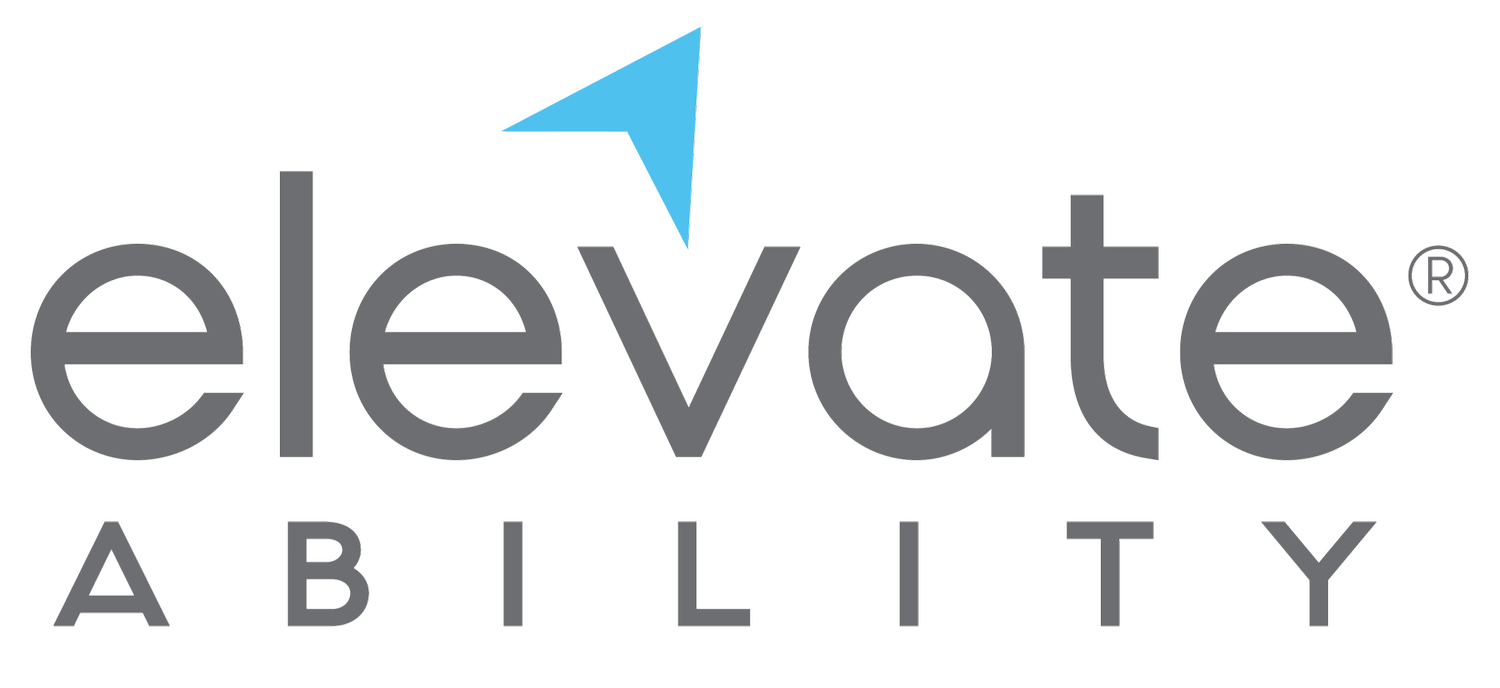From Doing to Teaching
If you’re a caregiver, or a parent of someone with a disability, you probably know this feeling: it’s just easier to do it myself. Teaching takes time, energy, and patience, and when you’re juggling medications, appointments, meals, and everything in between, it’s no wonder skill-building often gets pushed aside.
At ElevateAbility, we understand this deeply. But we also know that when you make space for intentional teaching, not just doing, clients grow in powerful ways.
Why Traditional Caregiving Isn’t Always Enough
Most caregivers provide an incredible amount of support, but many haven’t received the training needed to shift from “helper” to “teacher.” One study found that nearly 87% of caregivers needed training in at least one area of caregiving, and over 60% said they needed help in multiple areas (Anderson et al., 2013, The Gerontologist).
When a caregiver is focused on keeping the day running smoothly, tasks like cooking, dressing, or budgeting are typically done for the client, not with them. That’s not laziness, it’s survival. But this passive approach leads to passive learning, where progress is more accidental than intentional.
The Problem with “Osmosis Learning”
Many caregivers assume clients will pick up skills through exposure, what we sometimes call “osmosis learning.” And while some learning does happen this way, it’s usually inconsistent and hard to measure. Teaching requires more than modeling, it requires engagement, repetition, and structure.
This is especially true for individuals with intellectual and developmental disabilities. Without a clear framework, goals, and feedback, even motivated clients may struggle to develop real independence.
Tutoring = Measurable Progress
Research shows that structured tutoring significantly improves outcomes for people with disabilities. For example, a 2020 Mentor Canada survey of 2,838 young adults revealed that tutored individuals experiencing disabilities were more likely to report higher confidence, a stronger sense of belonging, and greater pride compared to their non-tutored peers. Tutors also played a critical role in shaping career aspirations, improving self‑esteem, and even helping mentees secure their first job (Mentor Canada, 2020 & 2022).
The difference isn’t just time, it’s intention.
Why Caregivers Struggle to “Change Gears”
Caregivers who work many hours with a client often stay in a support mindset: following, guiding, assisting. Shifting into a “teacher” mindset can feel unnatural. Without the right tools and support, that transition becomes even harder. And that’s where ElevateAbility comes in.
We don’t replace caregivers, we complement them. Our Life Skills Tutors are trained in a structured, person-centered framework that transforms everyday tasks into skill-building sessions. Clients don’t just practice, they progress.
It’s Not About Doing More. It’s About Doing Differently.
We’re not asking parents or caregivers to work harder, we’re offering a different approach. When you carve out dedicated time for learning, with someone whose role is to teach, not just support, clients thrive
At ElevateAbility, every session is focused, limited to four hours, and structured around the client’s personal goals. It’s not about cramming in more, it’s about making that time count.
The Bottom Line
Support helps someone get through the day. Teaching helps them build a life. When caregivers and tutors work together and clients are given space to learn, practice, and grow, they don’t just gain skills. They gain confidence, pride, and real independence.
Interested in Learning More?
Explore our Tutoring Program or get in touch to see how ElevateAbility can support your client or loved one on their path to independence.
